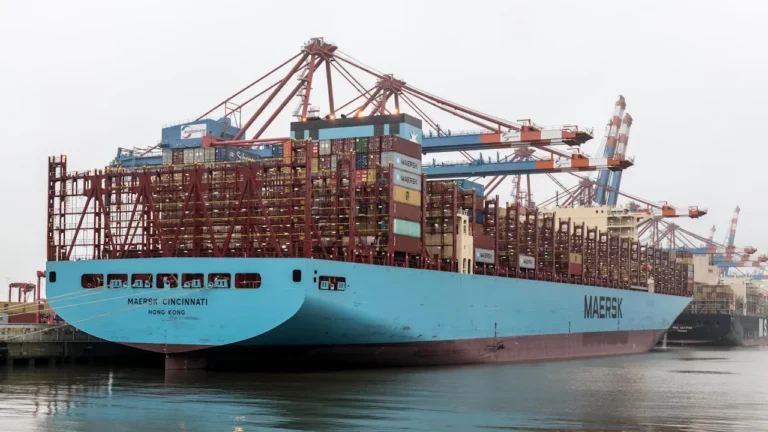
Exelon in cooperation with CALSTART, EPRI, Clean Energy Works, World coffers Institute( WRI), and Edison Electric Institute( EEI), moment released a white paper examining how the electric academy machine transition can deliver a wide range of environmental justice, health, and other benefits to guests, communities and the electric grid. Replacing all diesel academy motorcars in the United States with electric academy motorcars would avoid roughly nine million metric tons of hothouse gas emigrations per time, the fellow of removing two million buses from the road.
Accelerating deployment represents a significant occasion for stakeholders, and this report can serve as a companion for public mileage commissions, policymakers, and academy machine drivers to reduce common walls to relinquishment and ensure an indifferent transition. With the bipartisan structure Investment and Jobs Act( IIJA) and Affectation Reduction Act( IRA) in effect, there’s formerly- by-a-generation backing to electrify academy motorcars across the nation. Included in this backing is the Environmental Protection Agency’s( EPA’s) Clean School Bus Program, which will allocate an aggregate of 5 billion over a five- period to accelerate the relief of diesel academy motorcars with zero- to low- low-emigration models. Nine sections across Exelon’s service areas have been awarded over 40 million in backing to exhilarate further than 100 motorcars in the first round of backing. So far, the program has awarded 1 billion to 349 academy machine drivers in 2022, supporting the relief of roughly 2,500 academy motorcars. The mileage assiduity is well-deposited to take a commanding part in easing and accelerating this important request metamorphosis and icing the benefits indifferently reach guests and communities.
As the nation’s largest energy delivery company, Exelon is committed to working with academy machine drivers, sections, and other community stakeholders to give recommendations on how to stylishly influence available coffers to maximize benefits for residents of our service areas. “ School machine electrification has the implicit to transfigure the energy grid by furnishing stability, capacity, and exigency power when demanded, but most importantly, this change will transfigure the lives of the scholars we serve as well, ” said Sunny Elebua, Exelon’s Chief Strategy and Sustainability Officer. We’re proud of this study and the occasion to address differences and foster healthier communities. ” An estimated 25 million American children calculate on academy machine trip for safe transportation to and from the academy, counting for billions of long hauls traveled each time. sweats to reduce diesel exhaust from aged diesel machines can offer health results and reduce dangerous emigrations – particularly in under-resourced communities that are impacted the most. nearly 95 percent of academy motorcars, which transport 55 percent of all scholars, run on diesel. On average, 60 percent of low-income scholars ride the machine daily, compared to 45 percent of scholars in other income classes. Black scholars and children with disabilities also calculate on diesel academy motorcars further than others.
School machine electrification must gauge up snappily and exhaustively to ensure an indifferent transition and equal access to zero-emigration technologies if we want to both address climate change and also produce openings for jobs in the zero-emigration sector, ” said Jared Schnader, Senior Director and Bus Initiative Lead at CALSTART.” Zooming in on the critical part of electric serviceability, as well as clarifying the relations academy sections and drivers will need to have with their serviceability, will enable this metamorphosis to unfold fleetly and bring- efficiently.” Equity can serve as a pathway for serviceability to be more effective and effective in achieving their business and energy operation pretensions while addressing injuries and perfecting the quality of life for scholars, preceptors, machine motorists, and the original community. ” “ EEI and our member electric companies are committed to delivering flexible clean energy across our frugality, and we’re agitated about all of the work afoot to use that energy to reduce emigrations from the transportation sector, ” said EEI Senior Director of Electric Transportation Kellen Schefter. “ Contributing to this design highlights EPRI’s core charge to profit society, ” said David Porter, vice chairman of electrification and sustainable energy strategy, at EPRI. “ It not only advances the clean energy transition but also benefits the millions of children and original residers impacted by cleaner transportation to and from the academy. ” “ The significance of robust engagement by electric serviceability in this transition can not be exaggerated, ” said Sue Gander, Director of the World coffers Institute’s Electric School Bus Initiative. “ This new whitepaper describes the electric power sector’s unique and critical part in academy machine electrification. We look forward to supporting serviceability in bringing these recommendations to life – to unlock health, environmental, profitable, and grid benefits for communities, starting with underserved communities that witness the worst impacts of vehicle pollution moment.





